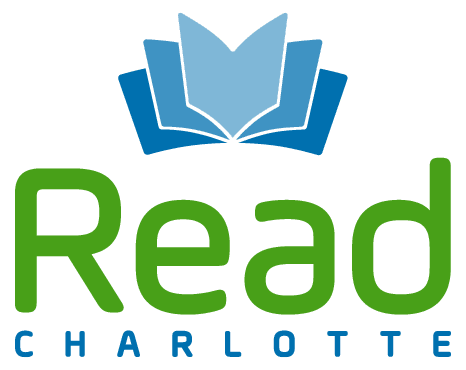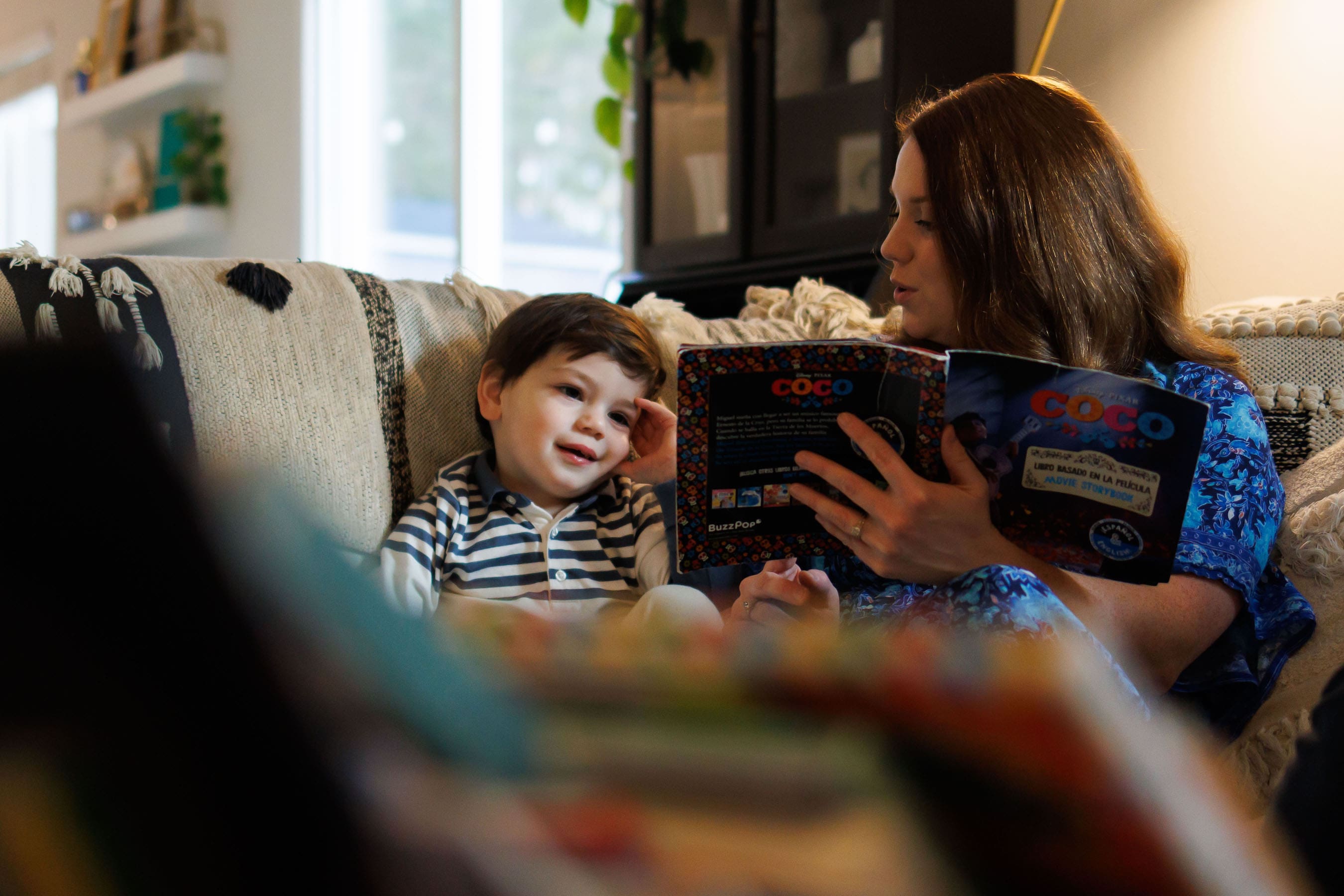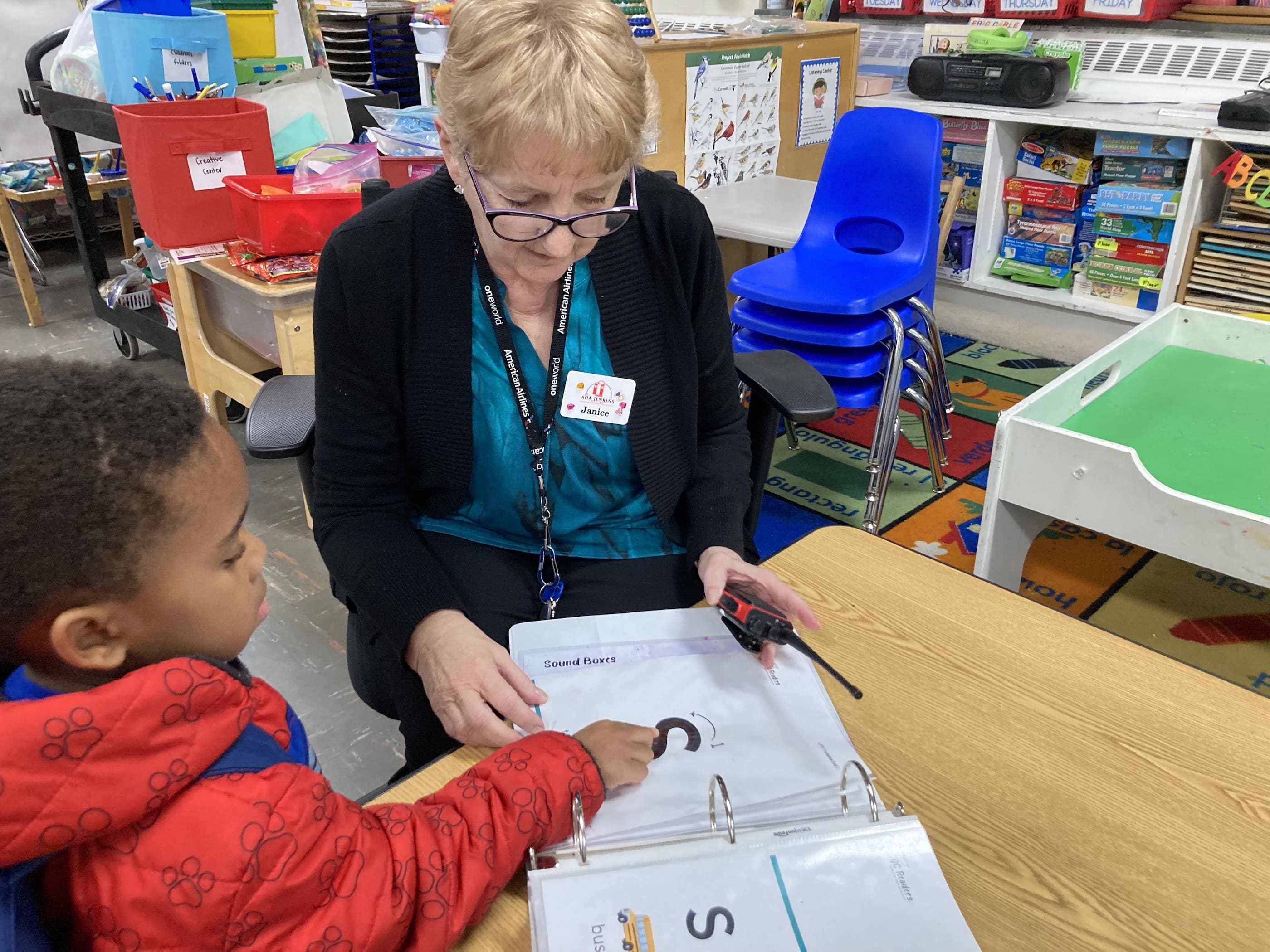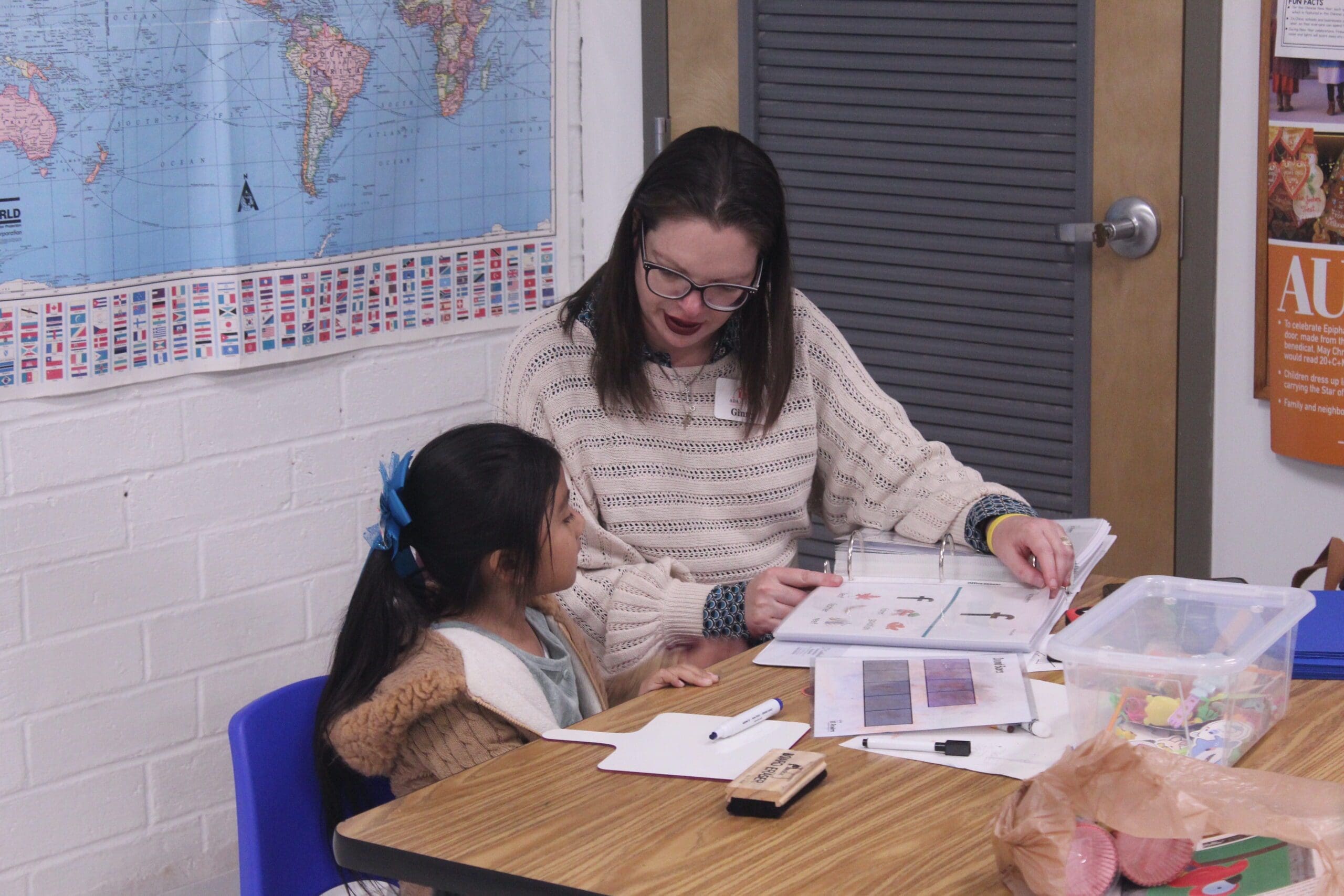The Big Five
Key Reading Skills
There are five skills that children need to read proficiently.Phonemic awarenessPhonicsFluencyVocabularyComprehension
Phonemic Awareness
(Knowing the sounds that make up words.)What it is: Phonemic Awareness (under the broader term phonological awareness) is a child’s ability to hear the individual sounds in words. When a child has strong phonemic awareness, he can segment or pull apart words into individual sounds (say that /snake/ has four sounds /s/ /n/ /long a/ and /k/), put sounds together into words, and substitute new sounds into a word, changing “cat” to “mat” and “sat.” As a parent, you may see your child’s phonemic awareness when they have fun rhyming words, even making up imaginary rhymes (the word “rustin” to rhyme with the name “justin,” for example). Phonemic awareness is something that kids learn before they read words on their own, and is important because it helps children read and spell words.Why it Matters: A child’s ability to identify, manipulate, and analyze the sounds (phonemes) that make up words through segmentation, syllabication, deletion, and other skills) is predictive of later reading skill (National Institute of Child Health and Human Development, 2005). This relationship between phonemic awareness and reading skill is maintained even when other variables (e.g., socio-economic status) are considered.
Phonics & Decoding
(Reading sounds and words.) What it is: Knowledge of phonics means that students understand the relationship between letters and the sounds they represent. This means recognizing letter combinations and sounds as well as word parts (prefixes, root words, and suffixes). When we teach phonics, we teach letters and letter combinations (ch, th, sh) one at a time, then how to read words with each combination. We say that children have “cracked the code” when they understand what sounds the letter combinations make and how to read them in words.Why it Matters: A child’s ability to connect sounds and letter combinations to read words influences their ability to read. A review of studies about phonics instruction found that systematic and explicit phonics instruction was more effective at teaching children to read than instruction without phonics instruction (National Institute of Child Health and Human Development, 2001).Reading Level What it is: Reading level, a child’s ability to read grade-level text, consists of their ability to read words (phonics), fluency, vocabulary, and comprehension.
Fluency
What it is: Children read fluently when they read words at a pace that is fast enough to be understood and are not stopping often to sound out words (think about how reading sounds when it is in an audiobook). Fluent readers also add expression to what they read, by reading punctuation (for example, when their voice rises to indicate a question mark) and dialogue. The key to developing fluency is by reading…a lot.
Vocabulary
What it is: Vocabulary refers to the number of words that a child knows. This includes common words that are used in everyday language (sit, happy, want), as well as less common words that are often found in books (ecstatic, bounded, desire), and content-specific words, such as words related to biology (cell, ecosystem, etc). A child’s vocabulary is very important; the more words a child knows, the stronger a reader they are. This makes sense; reading is all about understanding words, so the more you know, the easier it is to understand what you’re reading.
Comprehension
What it is: Comprehension, or understanding, is the ultimate goal of reading. When children have strong comprehension skills they can make sense of what they read, answer questions about what they read, tell you all about a story or topic, and engage in conversation about the ideas in a book.Why it Matters: When children can read and understand text at their grade level, they are well on their way to reading proficiently in 3rd grade, learning new things from books, and enjoying reading.



